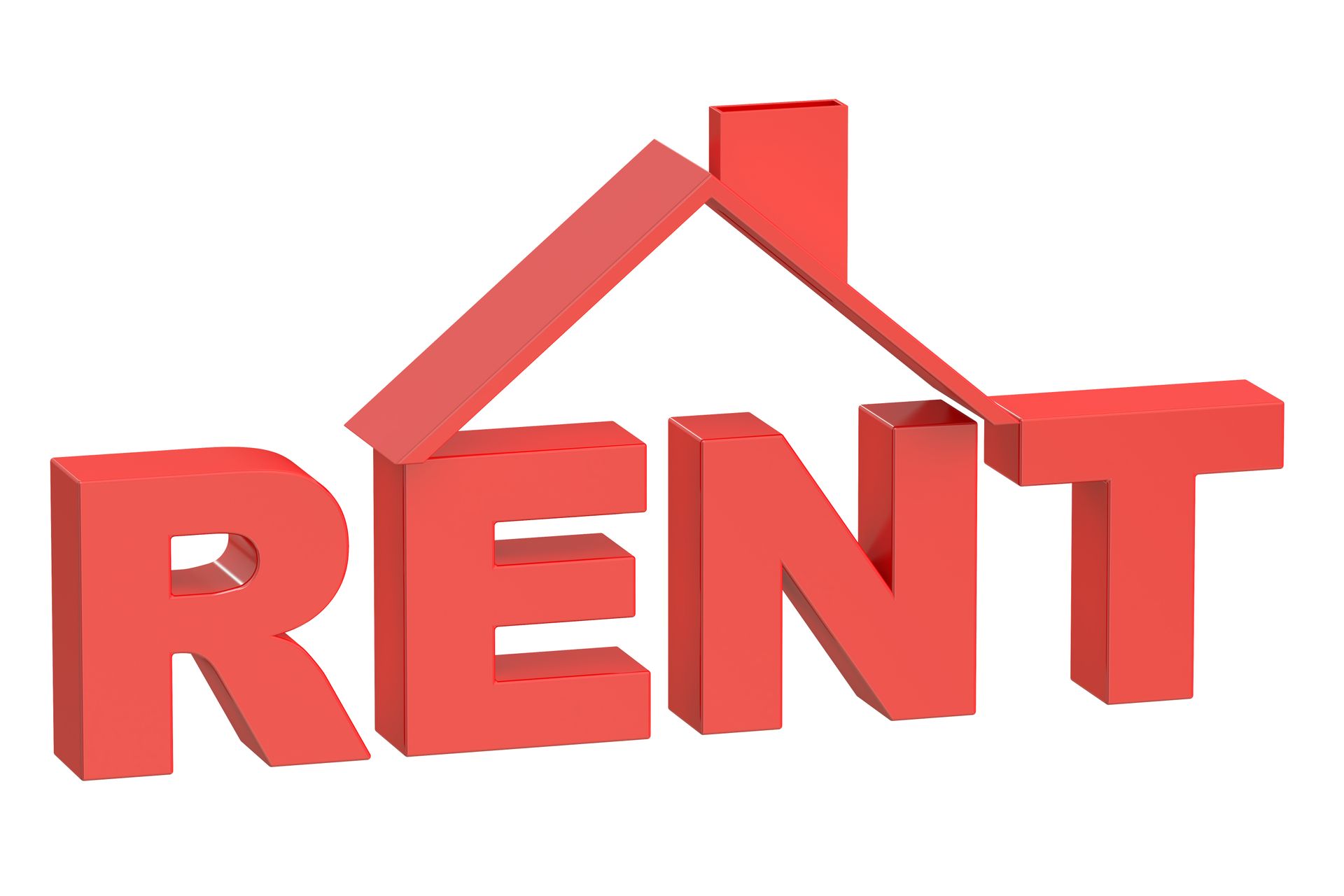Problems with Self-Managing Investment Properties

Navigating the Pitfalls of Self-Managing Investment Properties
Introduction
Investing in real estate can be a lucrative venture, but it's not without its challenges. One of the key decisions investors face is whether to self-manage their investment properties or hire a professional property management company. While self-management can save money, it also comes with a host of potential pitfalls that can be costly and time-consuming. In this blog, we'll explore some of the common pitfalls associated with self-managing investment properties and provide insights on how to navigate them successfully.
- Insufficient Knowledge and Experience
One of the most significant challenges in self-managing investment properties is the lack of knowledge and experience. Real estate investment requires a deep understanding of property laws, local regulations, tenant-landlord relationships, and property maintenance. Without the necessary expertise, investors can make costly mistakes.
Solution: To mitigate this risk, investors should invest time in education and stay informed about changing laws and regulations. Attending landlord-tenant workshops, reading books, and networking with experienced investors can help bridge the knowledge gap.
- Time-Consuming Responsibilities
Self-managing investment properties can quickly become a time-consuming endeavor. Property owners must handle tasks such as tenant screening, rent collection, property maintenance, and emergency repairs. These responsibilities can become overwhelming, especially for those with full-time jobs or other commitments.
Solution: Investors should assess their availability and determine whether they can dedicate the necessary time to property management. If time constraints are a concern, hiring a professional property manager may be a more viable option.
- Tenant Challenges
Tenant-related issues are common pitfalls for self-managing property owners. This includes screening tenants, handling disputes, and addressing non-payment of rent. Poor tenant selection can lead to property damage, frequent vacancies, and legal hassles.
Solution: Investors should establish strict tenant screening criteria, conduct thorough background checks, and maintain open lines of communication with tenants. Being proactive and addressing issues promptly can help prevent more significant problems down the road.
- Legal and Compliance Risks
Navigating the legal landscape of property management can be tricky. Failure to comply with local, state, and federal regulations can result in costly lawsuits and fines. From fair housing laws to eviction procedures, property owners must stay compliant.
Solution: Property owners should invest time in understanding the legal requirements in their area. It's also advisable to consult with an attorney or a property management professional who can provide guidance and ensure compliance with relevant laws.
- Maintenance and Repairs
Property maintenance is an ongoing responsibility for landlords. Neglecting maintenance can lead to property deterioration, decreased property value, and unhappy tenants. Self-managing property owners must be prepared to handle routine maintenance and emergency repairs promptly.
Solution: Property owners should establish a network of reliable contractors and service providers for maintenance and repairs. Regular inspections and preventive maintenance can help catch issues before they escalate into costly repairs.
- Emotional Attachment
Emotional attachment to an investment property can cloud judgment and lead to poor decision-making. This is especially true when dealing with difficult tenants or situations that require tough choices.
Solution: Investors should treat their investment properties as business assets rather than personal possessions. Making decisions based on sound financial principles rather than emotions is essential for successful property management.
- Vacancies and Rental Income
Vacancies can significantly impact the cash flow of an investment property. Self-managing property owners may struggle to find and retain quality tenants, leading to extended vacancies and reduced rental income.
Solution: Property owners should invest in effective marketing strategies to attract potential tenants, maintain competitive rental rates, and provide excellent tenant services to encourage long-term occupancy.
- Stress and Burnout
Self-managing investment properties can be emotionally and mentally taxing. The stress of handling tenant issues, maintenance problems, and financial concerns can lead to burnout.
Solution: It's important for self-managing property owners to have a support system in place. This may include enlisting the help of a trusted friend or family member or joining local landlord associations to share experiences and advice.
- Limited Scalability
Self-managing multiple properties can be challenging and time-consuming. As an investor's portfolio grows, the workload and responsibilities associated with self-management can become overwhelming.
Solution: Investors with larger portfolios should consider outsourcing property management to a professional company. This allows them to focus on growing their investment portfolio rather than getting bogged down in daily property management tasks.
Conclusion
While self-managing investment properties can offer cost savings and a hands-on approach, it's essential for property owners to be aware of the potential pitfalls. Insufficient knowledge, time constraints, tenant challenges, legal risks, maintenance issues, emotional attachment, vacancies, stress, and limited scalability are all factors that can impact the success of self-management.
To navigate these pitfalls successfully, property owners should invest in education, stay informed about legal requirements, establish efficient processes, and be prepared to seek professional assistance when needed. Ultimately, the decision to self-manage or hire a property management company should align with the investor's goals, resources, and level of commitment to property management.













